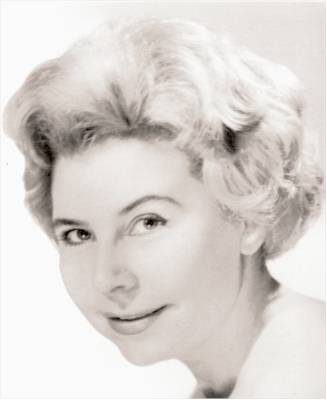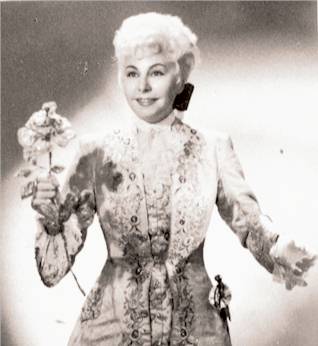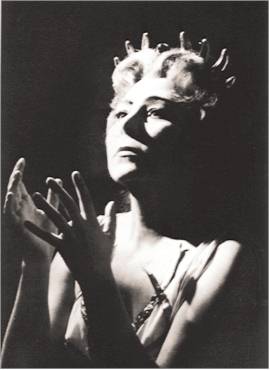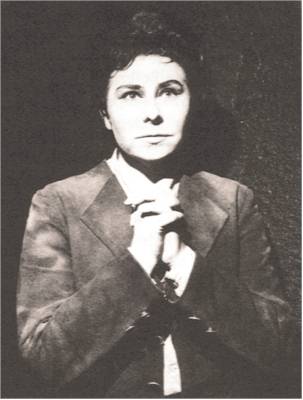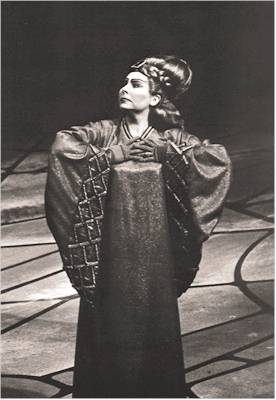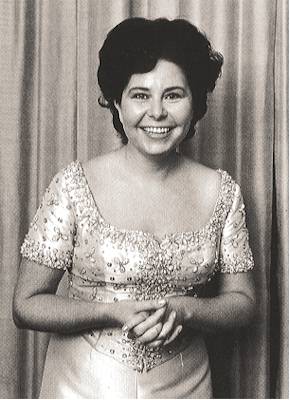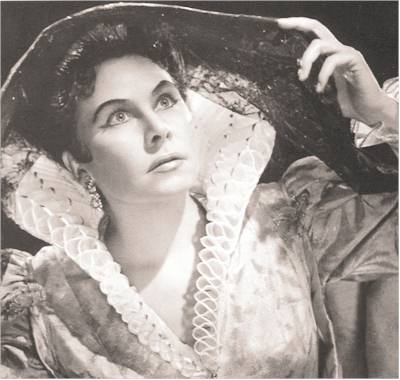German mezzo-soprano, b. 1928
Biographical notes: She was born in Berlin and was a true child of the theatre. Her father was the tenor Anton Ludwig and her mother the contralto Eugenie Besalla-Ludwig. Her mother was engaged at the Aachen Opera House during Karajan’s period as conductor where she sang roles from Senta to Rezia to Azucena, from Ulrica to Elektra and Fidelio. At the age of 40 she had ruined her voice and had to give up her career. Christa studied exclusively with her mother. She made her debut as Orlovsky at Frankfurt at the age of 18, where she sang until 1952. She was engaged to Hanover and Darmstadt. She joined the Vienna Staatsoper in 1955 and remained there for more than 30 years. In 1954 she appeared in Salzburg as Cherubino and returned there until 1981. Her American debut was in Chicago as Dorabella in 1959. At the Met (1959 - 1990) her roles included the Dyer’s wife, Dido, Ortrud, Kundry, Marschallin, Charlotte, Waltraute, Fricka and Klytemnestra. At Bayreuth she sang Brangäne and Kundry. She appeared at the Covent Garden opera in 1968 as Amneris, returning as Carmen. The three conductors who have mostly influenced her were Böhm, von Karajan and Bernstein. She also sang at Hamburg, San Francisco, Munich, La Scala and Paris. Her repertory included all the mezzo-roles and some dramatic soprano roles such as Leonore, the Dyer’s wife, Judith, Marschallin and others. From 1957 to 1971 she was married to the great bass-baritone Walter Berry. She was one of the most superb Lieder- and oratorio singers of her time. In 1972 she married the French stage-manager Jean-Emile Deiber. In 1993 she appeared in a farewell Lieder tour in Europe and the USA. Today, she frequently teaches young singers in master-classes. Christa Ludwig in four of her greatest roles
As Octavian (she did not like this role...)
As Kundry
As Leonore
As Ortrud
Comment: Without Christa Ludwig we would have a limited notion of how a mezzo-soprano voice can sound.
Her voice possessed a constantly shifting variety of tonal shades of an oscillating and even erotic timbre. Her tones always remained rounded, soft and richly colored. In temperament
, technique and expressiveness, Christa Ludwig transcends the standard categories of her profession. Her voice ranged from the heights of soprano to the depths of
contralto and the discography represents her enormous versatility.
As a beautiful and passionate Eboli
|
||||||||||||||||||||||||||||||||||||||||||||||||||||||||||||||||||||||||||||||||||||||||||||||||||||||||||||||||||||||||||||||||||||||||||||||||||||||||||||||||||||
